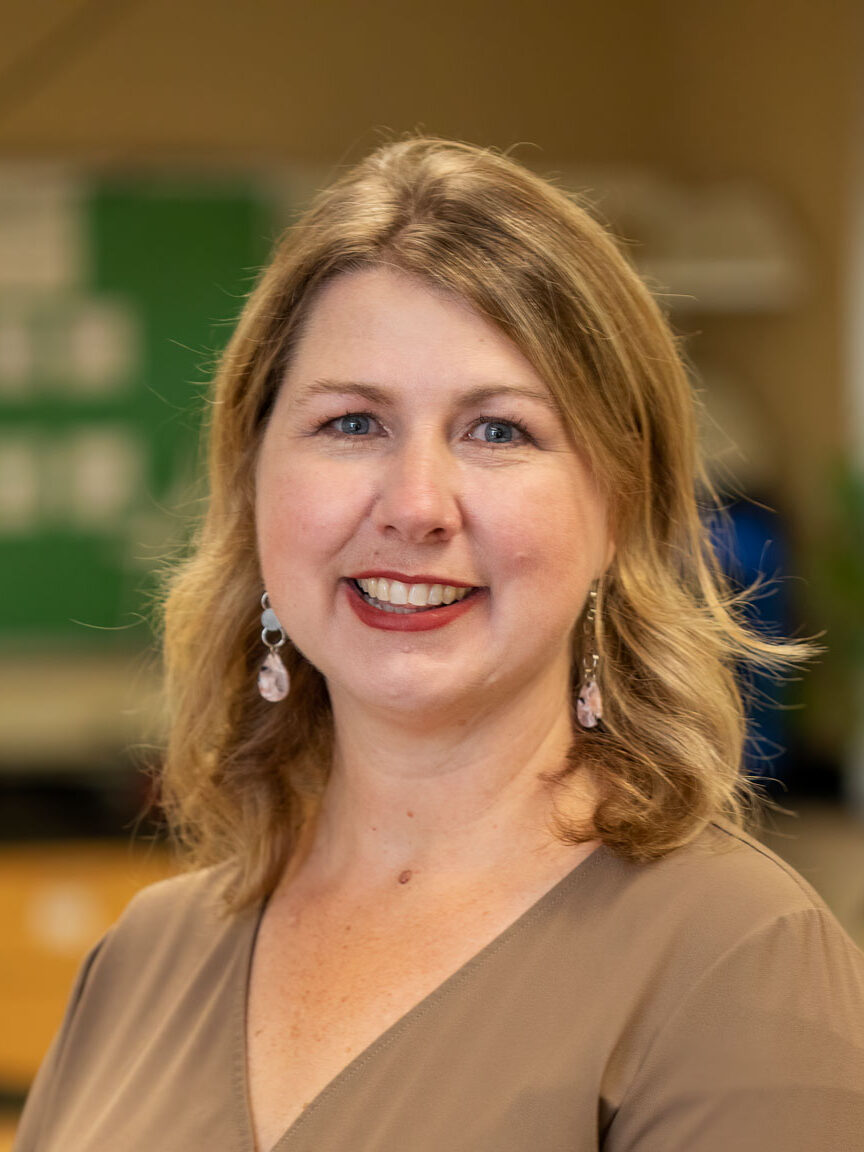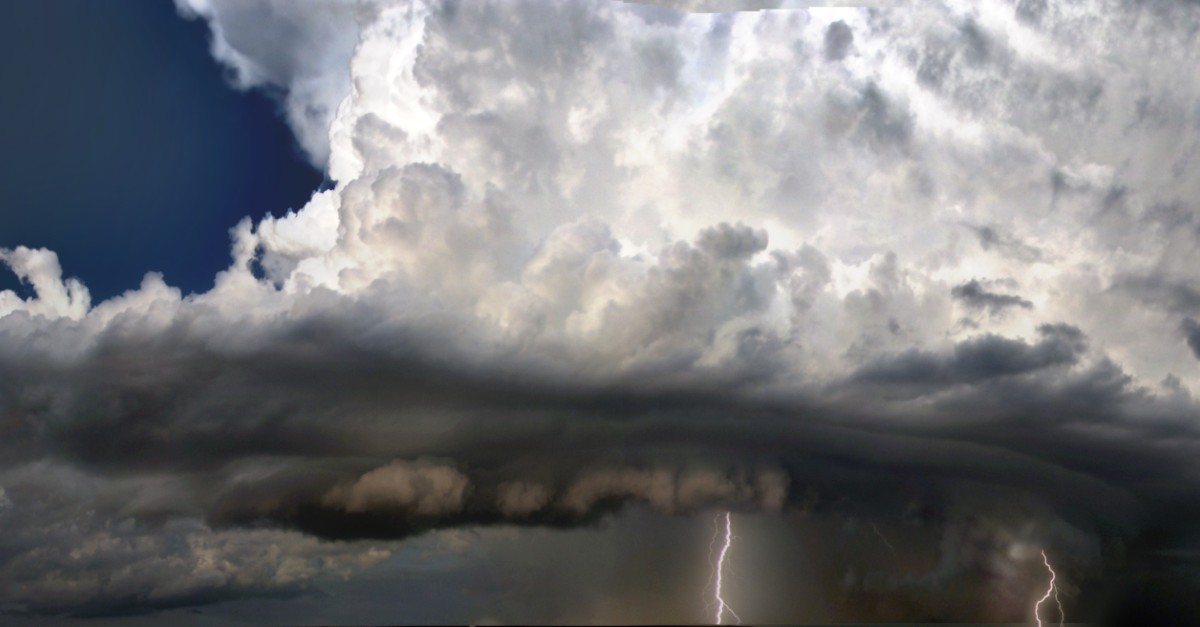I hope I don’t regret posting this. The last thing I want is for this blog to become a downer. More importantly, I don’t want to sensationalize something tragic or abuse this forum for my own personal, yet public, therapy session.
That being said, my modus operandi for this blog has always been to channel what happens in my not so extraordinary life into tips, strategies, inspiration, and/or challenge for your classrooms. For the most part, my experiences have run the gamut from mundane to funny to mildly frustrating, and they seem to transfer nicely to the classroom.
But the reality is that what happens in a not-so-ordinary life isn’t always good. That has largely been the case for most of us this year. Since I also write with authenticity, it would be simply feel disingenuous to avoid the frustration and heartbreak when there is a lesson to impart to the classroom.
A Hard Year for Everyone
2020 has been an incredibly difficult year for everyone. In a matter of weeks, COVID-19 completely upended our way of life and continues to dictate our daily events. Protests and civil unrest have often turned to violence, leaving many people injured and businesses destroyed. A contentious election year has pitted neighbors against one another in bitter political feuds. Lastly, the deaths of several American icons have left people disheartened.
At times like this, it tempting to put on a brave face and go about our daily routine as best as we can. But for many people, especially the young, these negative feelings are impossible to ignore. This is especially true when a personal tragedy compounds our collective ones. After all, even during the time of COVID, students can still lose a friend, receive a bad diagnosis, or fail to reach a hard-fought dream. Sometimes, life is just bad, and faking a smile doesn’t make things any better.
Growing Through Hardship
There are two lessons I’d like to see take hold from sharing bad news–one personal, and one professional.
Personally, in a way that is comfortable with you, please talk to your students about loss and grief. In the past, I’ve used episodes of television to talk with my daughter about tough topics. In one instance, she remembered that I told her that if she or anyone she knew ever felt hopeless that there were people who could help. She remembered that I made her promise to talk with me or someone she trusted if she ever felt the urge to self-harm. That process allowed her to process terrible news with only love and understanding.
Professionally, as educators we have a tremendous responsibility–to be fair, and impossible responsibility. Please use your experiences as a wakeup call to have thoughtful processes and procedures for stuff you hope will never happen. It is a sad fact that many schools are often caught unprepared when tragedy strikes. This only leads to more frustration and confusion among students. It’s nearly impossible to know the right thing to do in a tragedy when you’re in the midst of it. So, take time to do the research, create a plan, then file it away and hope you never need it.
We hope you are all staying healthy and safe during this difficult time. For more free educational resources, or ideas on how to promote healthy Social-Emotional Learning, simply follow this link!

